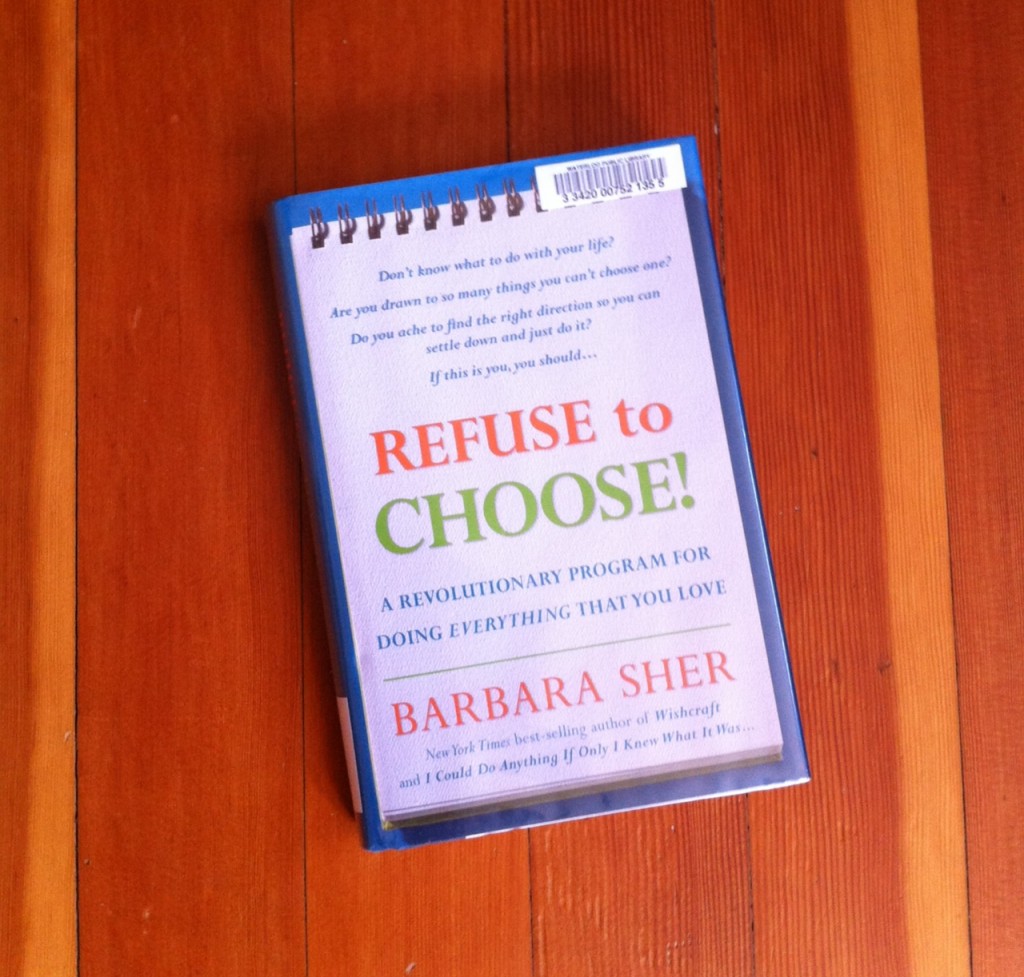So I’ve spent the summer pondering Attention Deficit Disorder – most notably, my own case – talking with psychologists, doing research, trying to understand myself better and figure out where to go from here.
A friend recommended the book Women With Attention Deficit  Disorder by Sari Solden. Let me disclaim that this review is not meant to be a reflection on this person who lent me this book.
Disorder by Sari Solden. Let me disclaim that this review is not meant to be a reflection on this person who lent me this book.
It was okay. Very informative in the beginning about the common misconceptions about what ADHD is and how it often goes undiagnosed in women because it often shows up as internal inattention but not external hyperactivity – aka daydreamers.
But the rest of the book? I kept reading because I thought I would find hope. Instead I felt more hopeless about having ADD than I ever have before in my life. Acknowledging all my flaws didn’t help me: it made me angrier at my current situation and feel victimized by my past. I’d re-name this book, “How to Feel Sorry for Yourself to the Utmost Degree.”
On top of everything, the only solutions Solden seems to really propose are medication, therapy, getting a more prestigious job so you can pay little people to do all that work that you aren’t suited for because you have ADHD, and making sure your family adjusts to your newfound identity and caters to your every need. I can’t afford therapy or medication, a person doesn’t just magically move up to a higher position in their field or make tons of money (or live off their husband’s income and figure it out from there, this is the 21st century, Solden!!) – and no, by no means am I just going to demand that the people I live with and am close to change everything about our dynamics since I am SO DISABLED with SUCH A DISABILITY.
You know what? I am fine. I am fine without this book and I am fine without this label of ADHD. I am now reading a book called Refuse to Choose! by Barbara Sher which is absolutely everything and more that Women with Attention Deficit Disorder is not. Sher doesn’t call it ADD, she calls it being a “Scanner”, liking everything, wanting to do everything, dreaming, having hyper focus some times and not having it other times, and suggests cost-effective ways of learning to work with yourself like using pieces of paper and crayons to make goals and write down things you’ve accomplished…… in short, Sher empowers you. Solden wishes she was empowering you, but no – I’ve reached the lowest low in my “disorder” from reading this book. I recommend only the introduction and maybe the first couple of chapters. After that, please put it away – don’t subject yourself to the hopelessness that I’ve encountered.
Refuse to Choose! by Barbara Sher which is absolutely everything and more that Women with Attention Deficit Disorder is not. Sher doesn’t call it ADD, she calls it being a “Scanner”, liking everything, wanting to do everything, dreaming, having hyper focus some times and not having it other times, and suggests cost-effective ways of learning to work with yourself like using pieces of paper and crayons to make goals and write down things you’ve accomplished…… in short, Sher empowers you. Solden wishes she was empowering you, but no – I’ve reached the lowest low in my “disorder” from reading this book. I recommend only the introduction and maybe the first couple of chapters. After that, please put it away – don’t subject yourself to the hopelessness that I’ve encountered.


